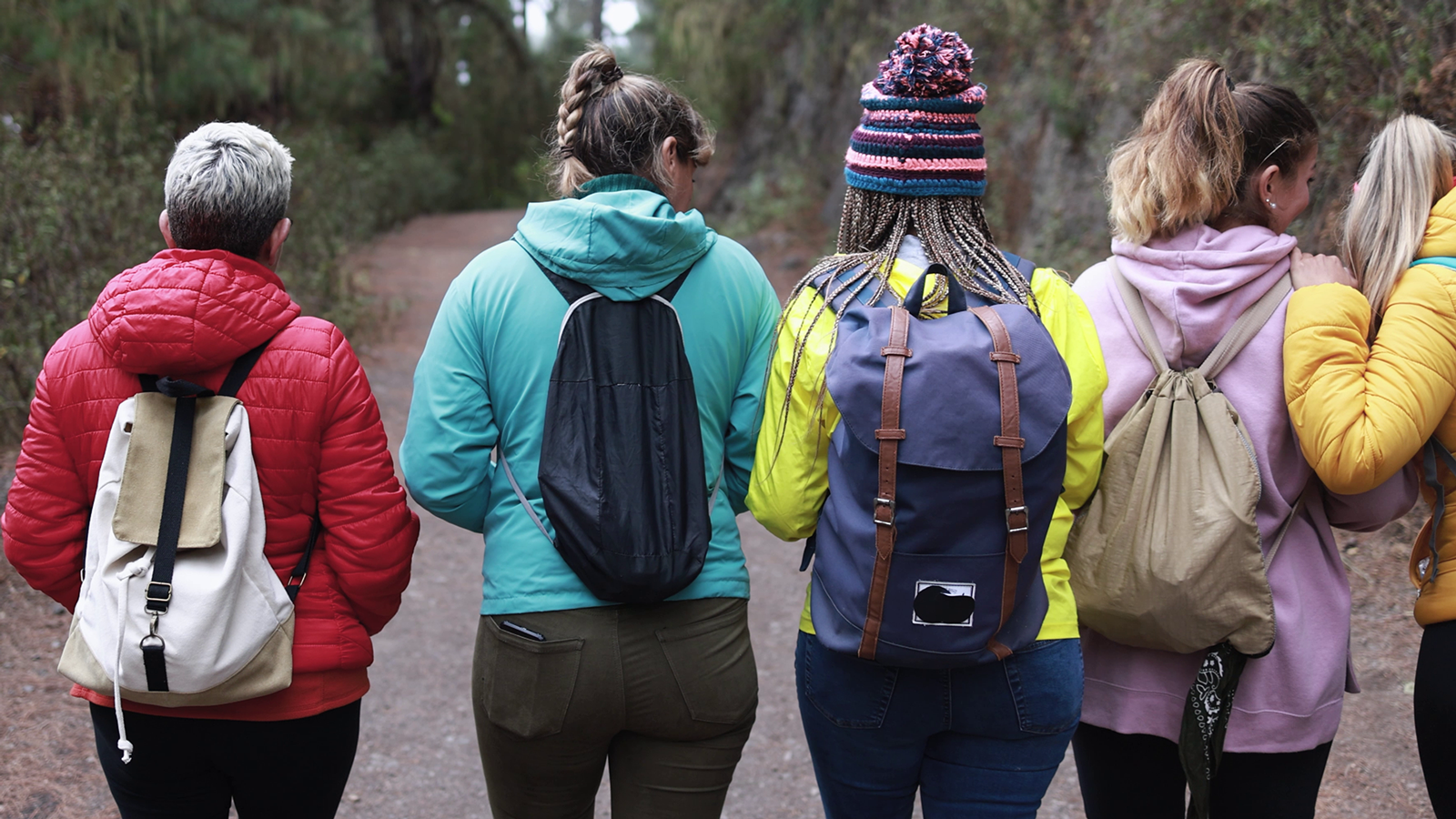- Researchers enrolled 1,422 women living with HIV from British Columbia, Ontario and Quebec
- Those who face stigma and discrimination were less likely to take medication as prescribed
- The researchers called for interventions to reduce stigma and discrimination and build resilience
The Canadian HIV Women’s Sexual and Reproductive Health Study (CHIWOS) has enrolled at least 1,422 women since 2013. Researchers with CHIWOS regularly survey participants about issues related to their health and well-being. Women in CHIWOS live in British Columbia, Ontario and Quebec. CHIWOS has collected a mass of data and has produced useful analyses in past reports.
The latest published analysis from CHIWOS focused on issues related to stigma and discrimination. In particular, researchers sought statistical associations between stigma and discrimination reported by women and their adherence to HIV treatment. Researchers surveyed women for this analysis several times between 2013 and 2018.
Among participants who were initially enrolled, 29% were Black and 20% were Indigenous. According to the researchers, many women (74%) reported that they took their HIV treatment (antiretroviral therapy, ART) exactly as directed; of these women, 93% achieved an undetectable viral load.
Researchers assessed stigma and discrimination using specialized and validated survey questionnaires.
Impact of stigma
Applying statistical analysis, researchers found that women who experienced one or more of the following stigmas/discriminations were less likely to be adherent to ART and more likely to have a detectable viral load:
- HIV-related stigma
- gender discrimination
- racial discrimination
Over the course of the study, researchers found that some women with HIV who had experienced racial discrimination became more resilient. The researchers stated: “It would be too simplistic to deduce that experiencing racism results in higher resilience; a more plausible explanation for this finding is that racial discrimination activates protective factors in the pathway to resilience such as seeking out social support after discrimination occurs.”
Based on this finding, the CHIWOS team called “for resilience-building interventions for women living with HIV.”
Programs that can help women with HIV
The researchers found a program in the U.S. that taught women how to cope with adversity and successfully adapt to negative experiences. The researchers also cited a program that is under development in China. That program aims to reduce the stigma faced by women with HIV by teaching family members to provide social support and training healthcare personnel to provide stigma-free care.
The CHIWOS team stated that future interventions could adapt stigma-reduction and resilience-building elements from both of the above-mentioned programs for women in Canada.
A note about the study
CHIWOS largely relies on self-reported information from participants. Such reliance could lead to misanalyses if incorrect information is supplied to researchers. However, the study team analysed data from a sub-set of participants—326 women—and compared self-reported information to laboratory test results. According to the researchers, they found that self-reported information was “highly consistent” with laboratory records.
For the future
Overall, the analysis from CHIWOS found that the intersection of multiple stigmas can lead to poor HIV-related outcomes (reduced treatment adherence and less likelihood of a suppressed viral load). The CHIWOS analysis also underscored the need for stigma-mitigation and resilience-building measures to improve the health of women with HIV.
—Sean R. Hosein
Resources
The Women of CHIWOS – Positive Side magazine
Not enough middle-aged Canadian women with HIV are talking about menopause with their doctors – CATIE News
Canadian researchers call for improved integration of family planning care for HIV-positive women – CATIE News
Comparing substance use patterns among women in Canada – CATIE News
Canadian study examines why some women fall out of the HIV care cascade – CATIE News
REFERENCE:
Malama K, Logie CH, Sokolovic N, et al. Pathways from HIV-related stigma, racial discrimination, and gender discrimination to HIV treatment outcomes among women living with HIV in Canada: Longitudinal cohort findings. JAIDS. 2023 Oct 1;94(2):116-123.

